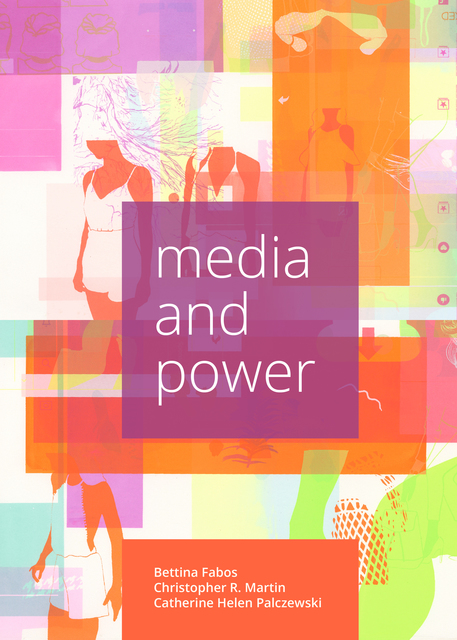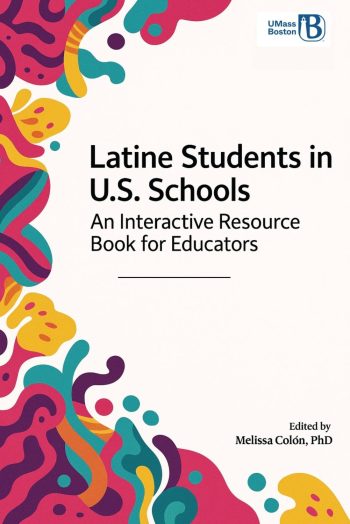 Healey Library is pleased to announce the first publication of an open educational resource (OER), supported by the OER Faculty Incentive Grant at the University of Massachusetts Boston.
Healey Library is pleased to announce the first publication of an open educational resource (OER), supported by the OER Faculty Incentive Grant at the University of Massachusetts Boston.
“Latine Students in U.S. Schools: An Interactive Resource Book for Educators” by UMass Boston College of Education and Human Development Professor Melissa Colón and her doctoral students is the first open educational resource fully created using the support of this grant. In addition to the financial support from the Provost’s Office, authors also collaborated with Healey Librarians, who provided copyright information, assistance finding open access materials, formatting and platform training, and general publication guidance.
This born-digital textbook importantly increases free access to reliable, peer-reviewed educational material about the schooling experiences of Latine youth in the United States. It contributes to the mission of the open movement by expanding the availability of information, especially about historically underrepresented populations. In chapter three titled, “Why an OER Book?” Colón writes, “by providing a free book targeted at educators, I wanted to remove cost-prohibitive factors to learning more about OER and specifically about Latine students in the U.S.” (Colón, 2025).
Read the book here: https://pressbooks.pub/latinestudents/
Abstract: This interactive resource book provides educators with highly curated research, academic scholarship, and community-based materials to better inform and support their work with Latine students, families, and communities. Grounded in critical and culturally sustaining pedagogies (Rendón et al., 2014; Alim & Paris, 2017). This book encourages educators to cultivate a spirit of curiosity, collaboration, and continuous learning, recognizing that serving Latine students well requires both commitment and ongoing inquiry.
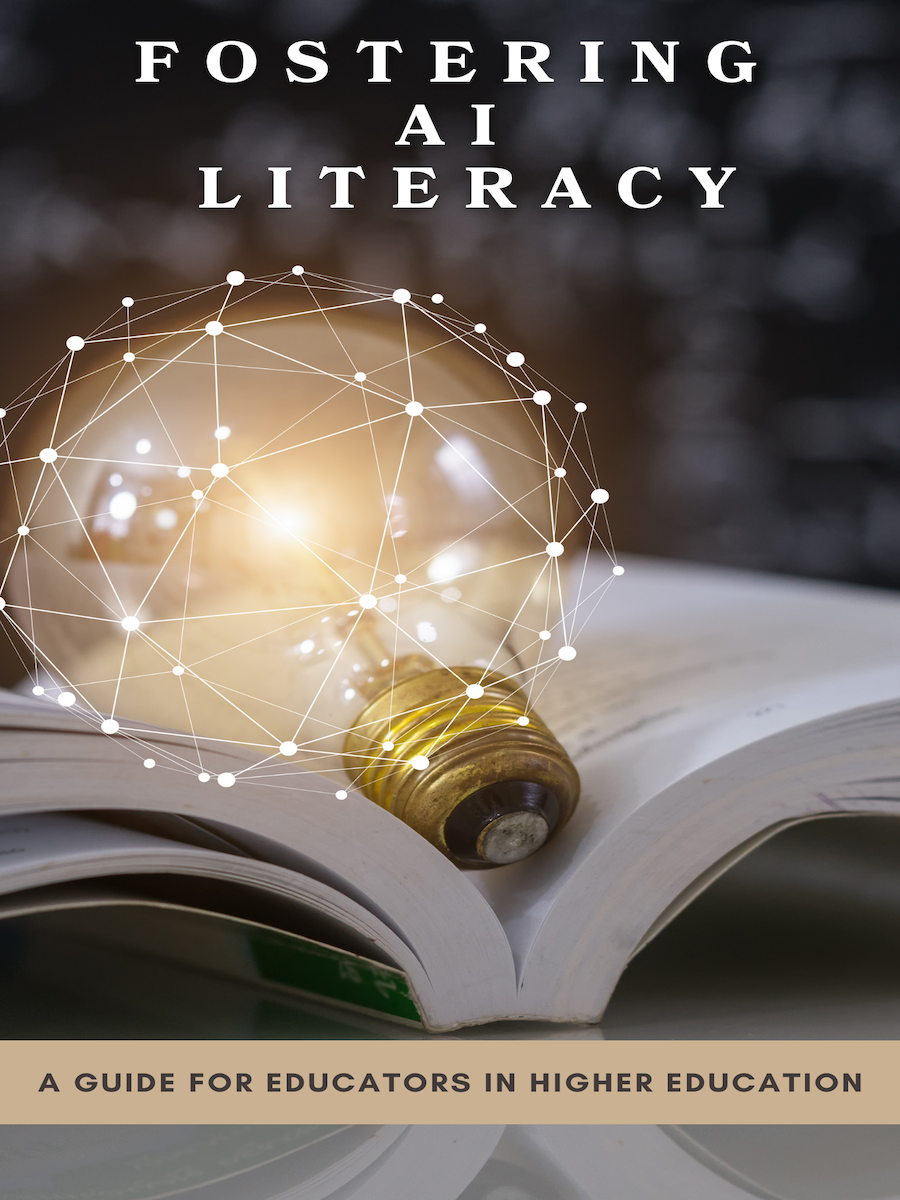 The University of Virginia is excited to announce a new open educational resource on our Pressbooks platform: Fostering AI Literacy: A Guide for Educators in Higher Education, by Fang Yi, Jess Taggart, and Bethany Mickel.
The University of Virginia is excited to announce a new open educational resource on our Pressbooks platform: Fostering AI Literacy: A Guide for Educators in Higher Education, by Fang Yi, Jess Taggart, and Bethany Mickel.
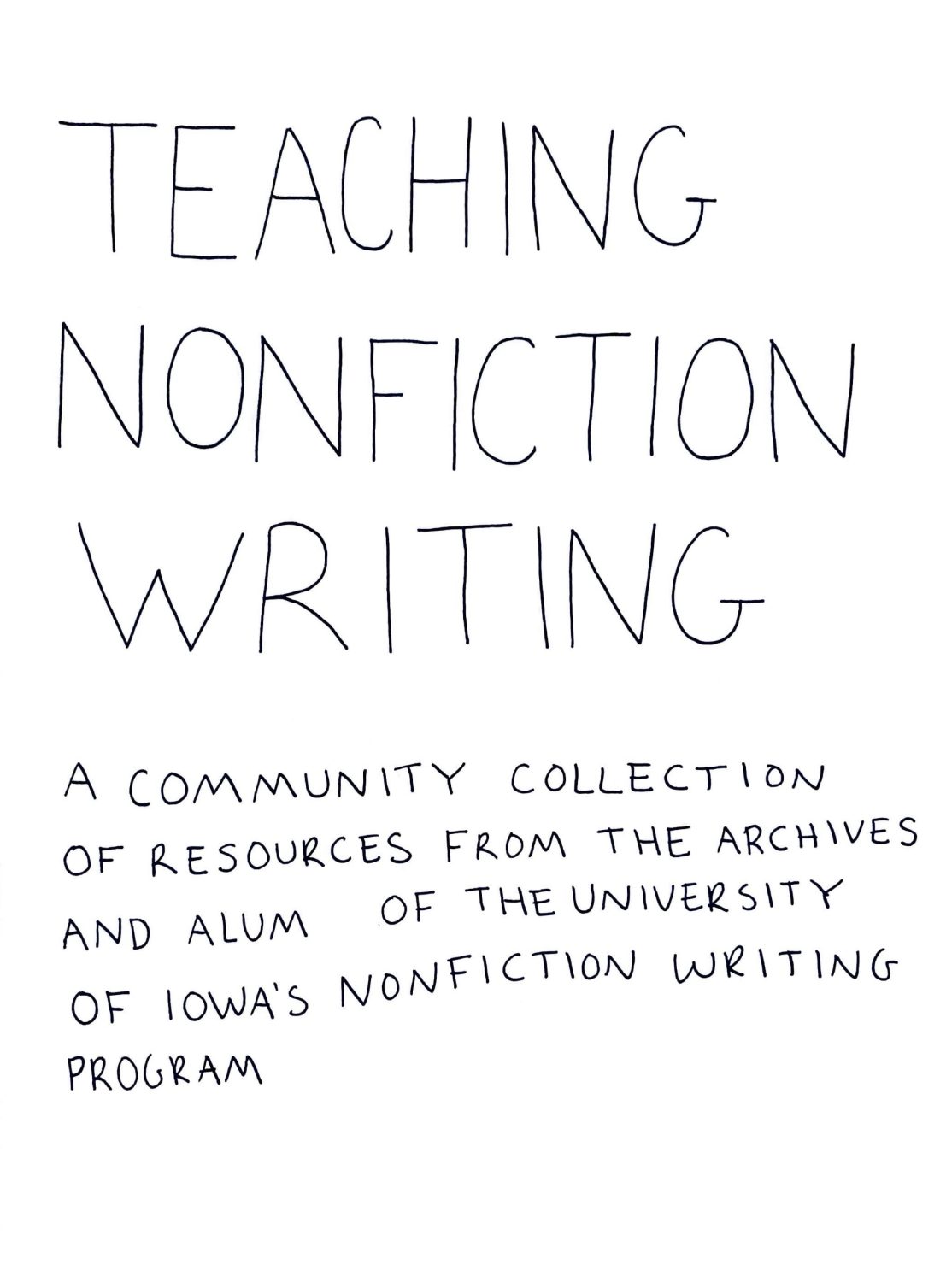
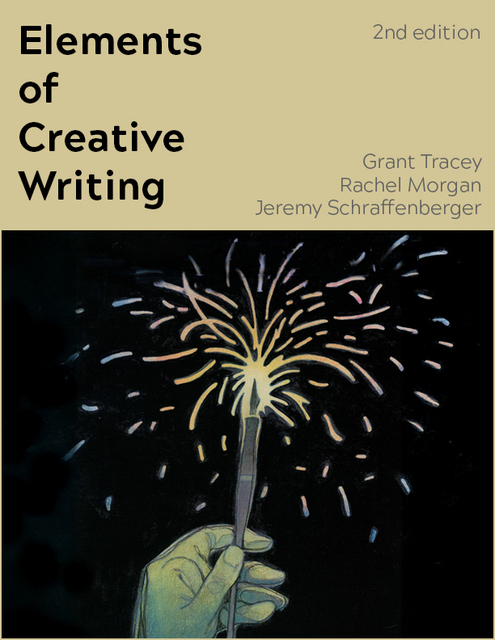 University of Northern Iowa's Rod Library has published a new OER edition,
University of Northern Iowa's Rod Library has published a new OER edition, 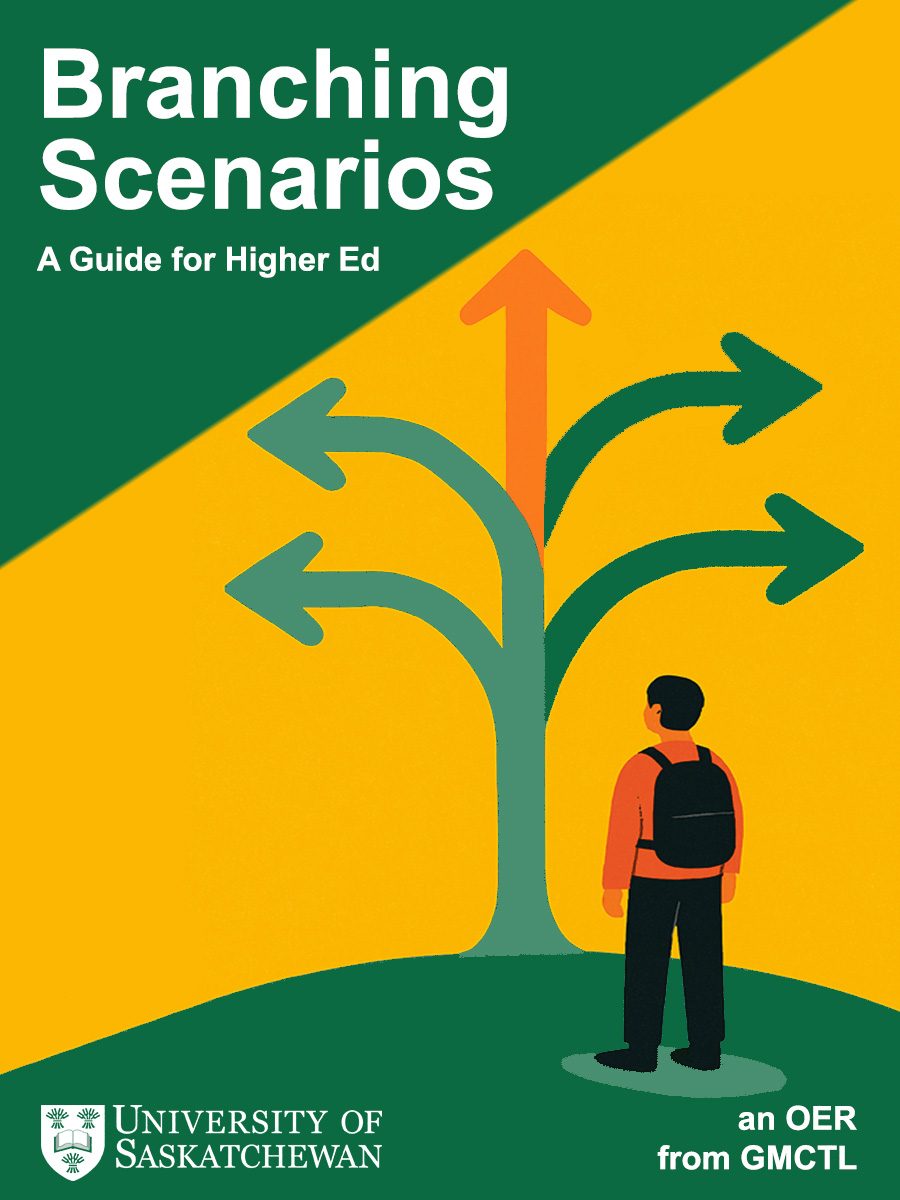
 ACRL announces the publication of The Open Science Cookbook, edited by Emily Bongiovanni, Melanie Gainey, Chasz Griego, and Lencia McKee, a collection of lesson plans and activities for supporting openly accessible, reproducible research.
ACRL announces the publication of The Open Science Cookbook, edited by Emily Bongiovanni, Melanie Gainey, Chasz Griego, and Lencia McKee, a collection of lesson plans and activities for supporting openly accessible, reproducible research. 